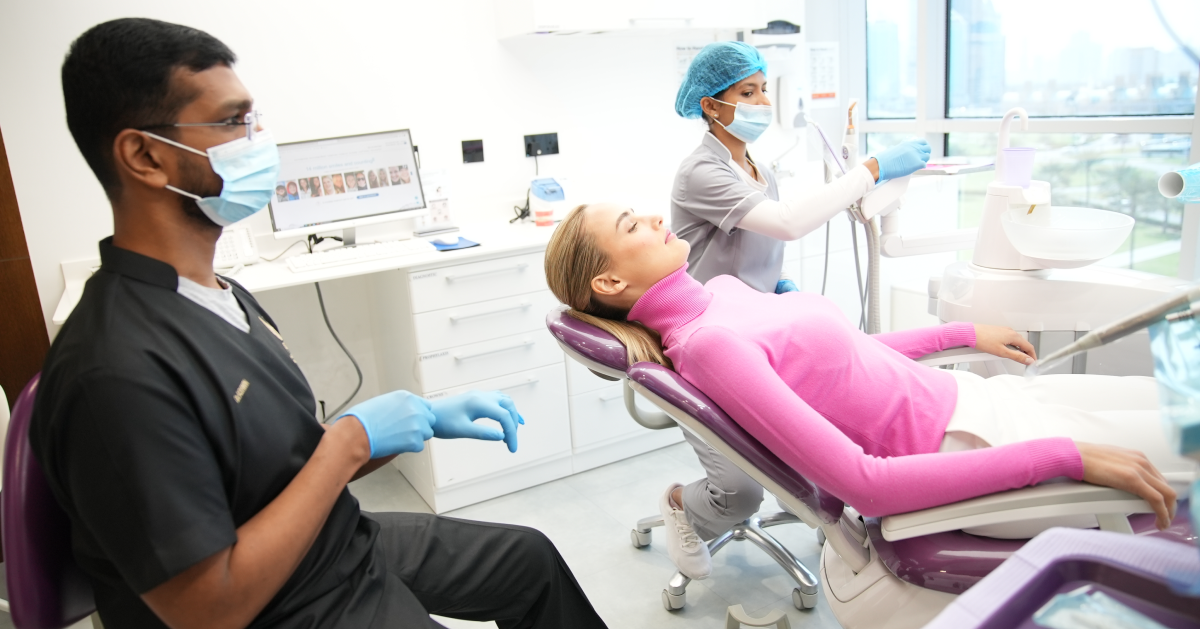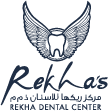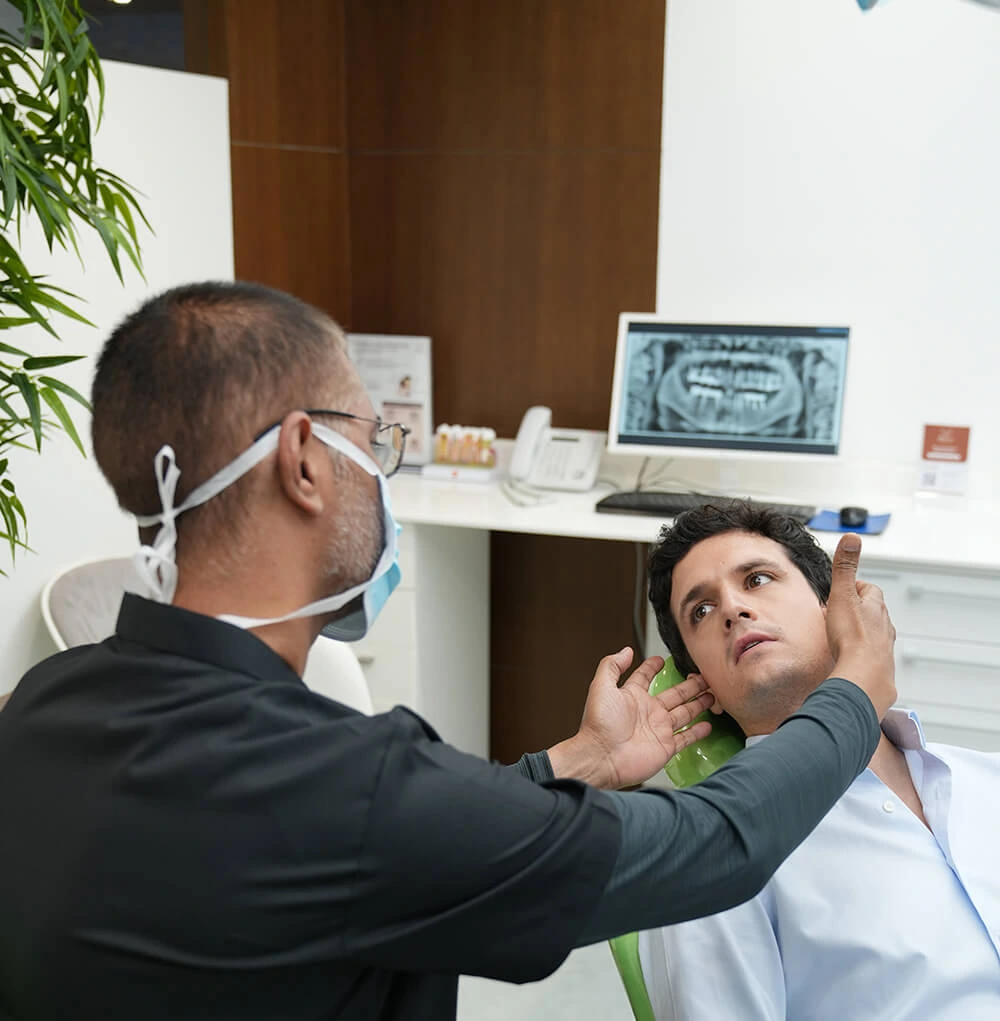TMJ TREATMENT IN SHARJAH
TMJ Treatment
You Can Rely On.
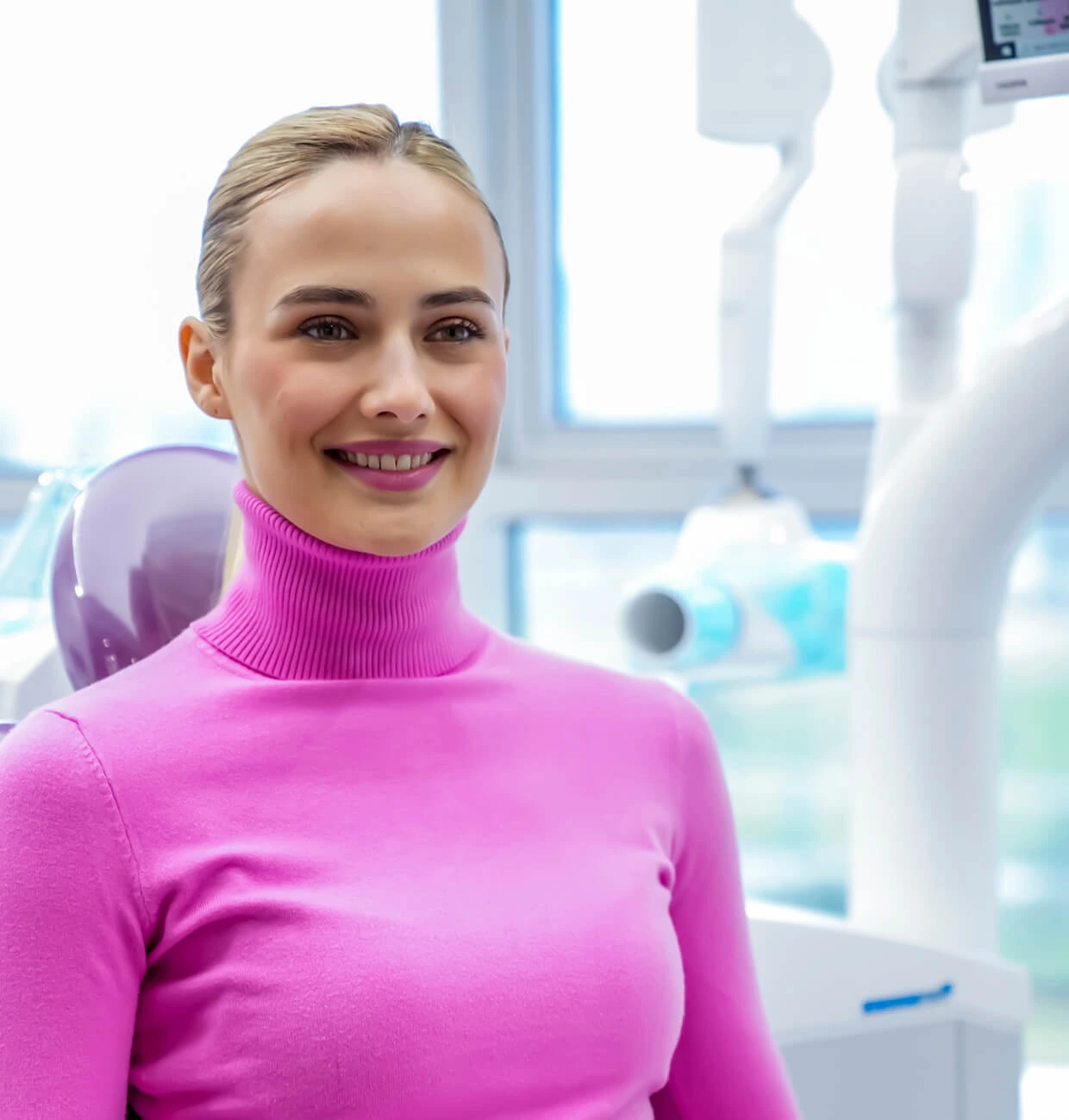


Rated 4.7 on Google



Symptoms of TMJ Disorder
Jaw pain or difficulty while chewing
Difficulty in opening the mouth
Painful jaw locking
Severe tootache upon chewing
Sensitivity to hot or cold foods
Painful jaw locking
Ear ache or Ringing in the ear (tinnitus)
Ear ache or Ringing in the ear (tinnitus)
Clicking, popping, or grating sounds
TMJ Treatment for Locked Jaw
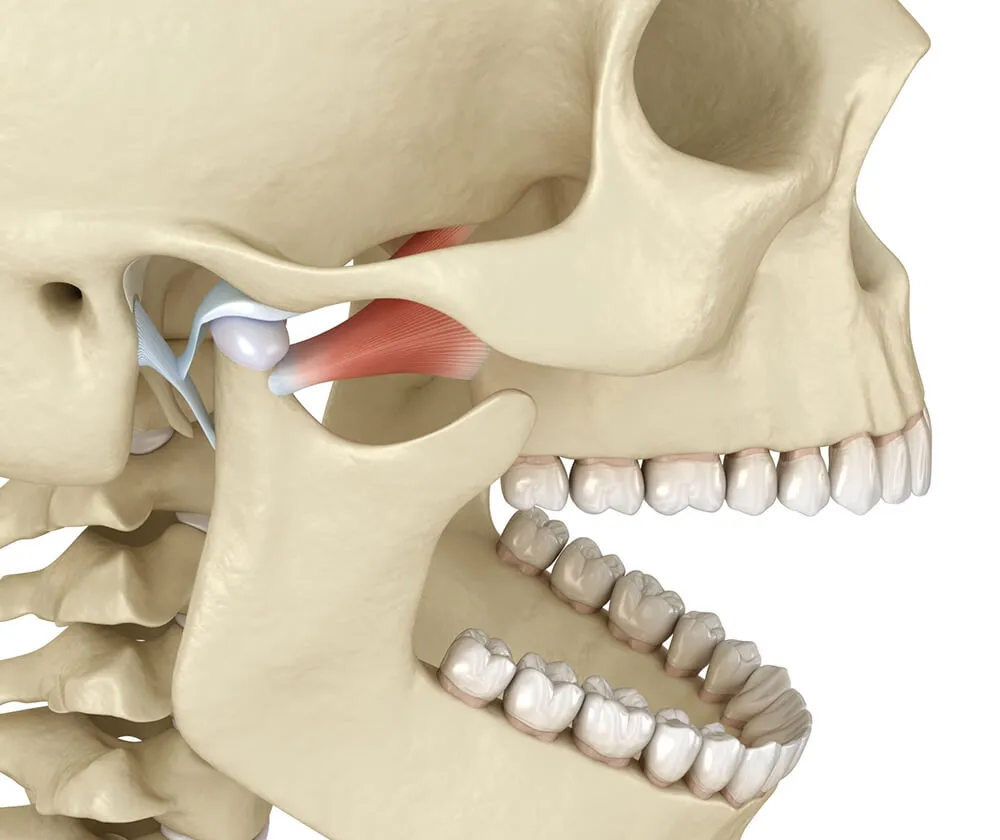

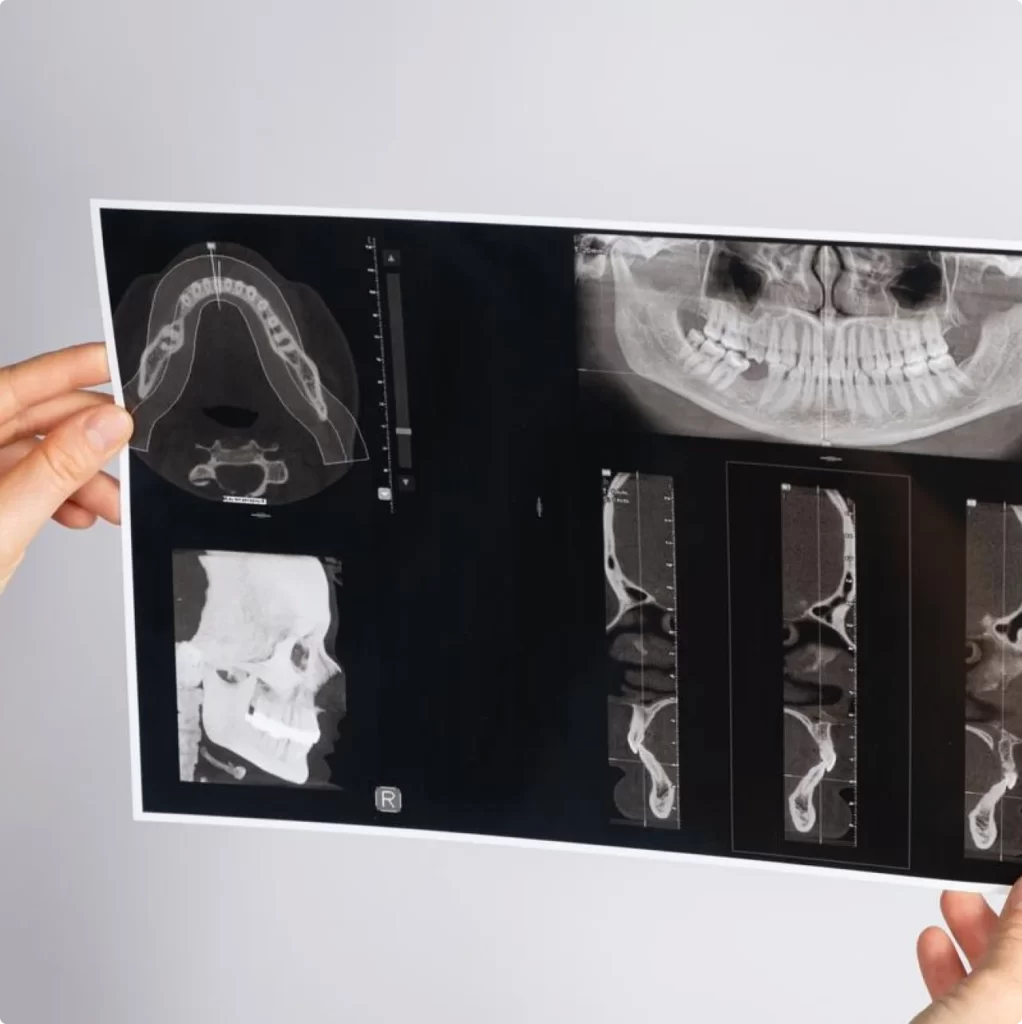

Importance of getting the TMJ checked on time
See the real Transformation!



“I can laugh whole heartily after visiting Rekha's”
Leyong Wang


“Thanks to Rekha’s for making my smile brighter”
Jelena Priluckaja



“Amazing Transformation”
Mohammed Amen
Comments from happy customers.
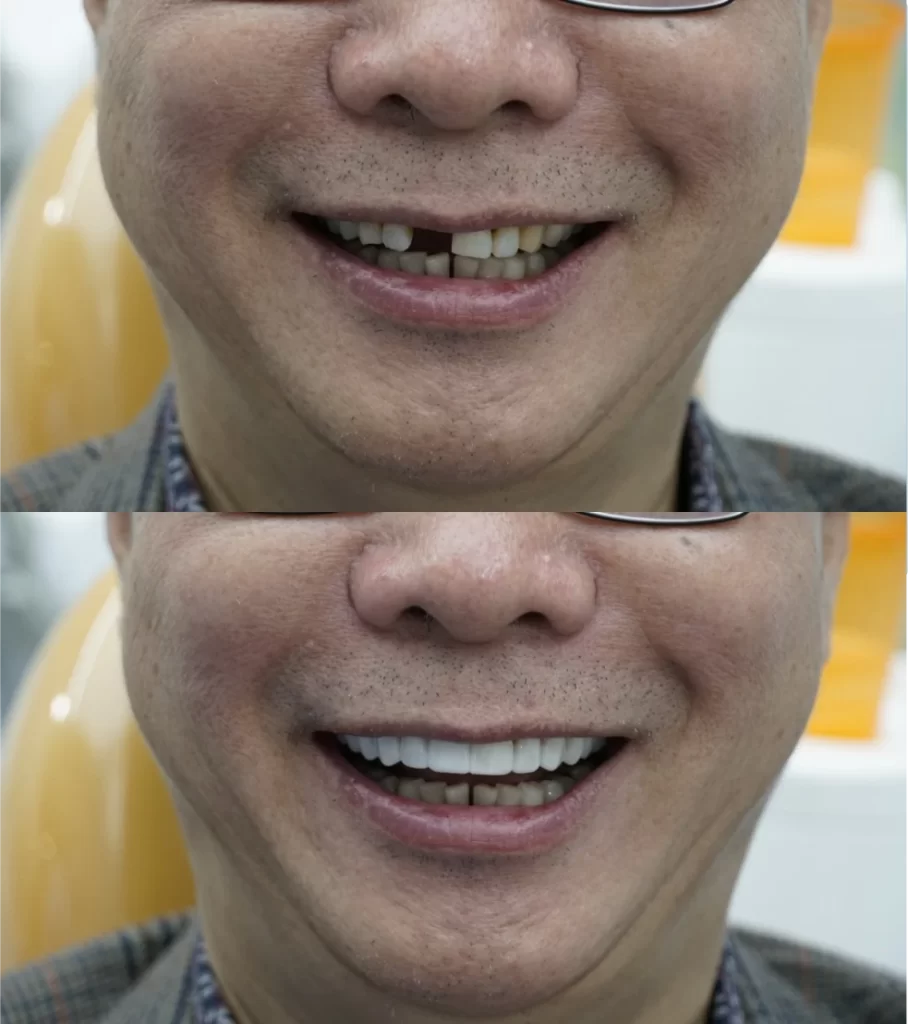

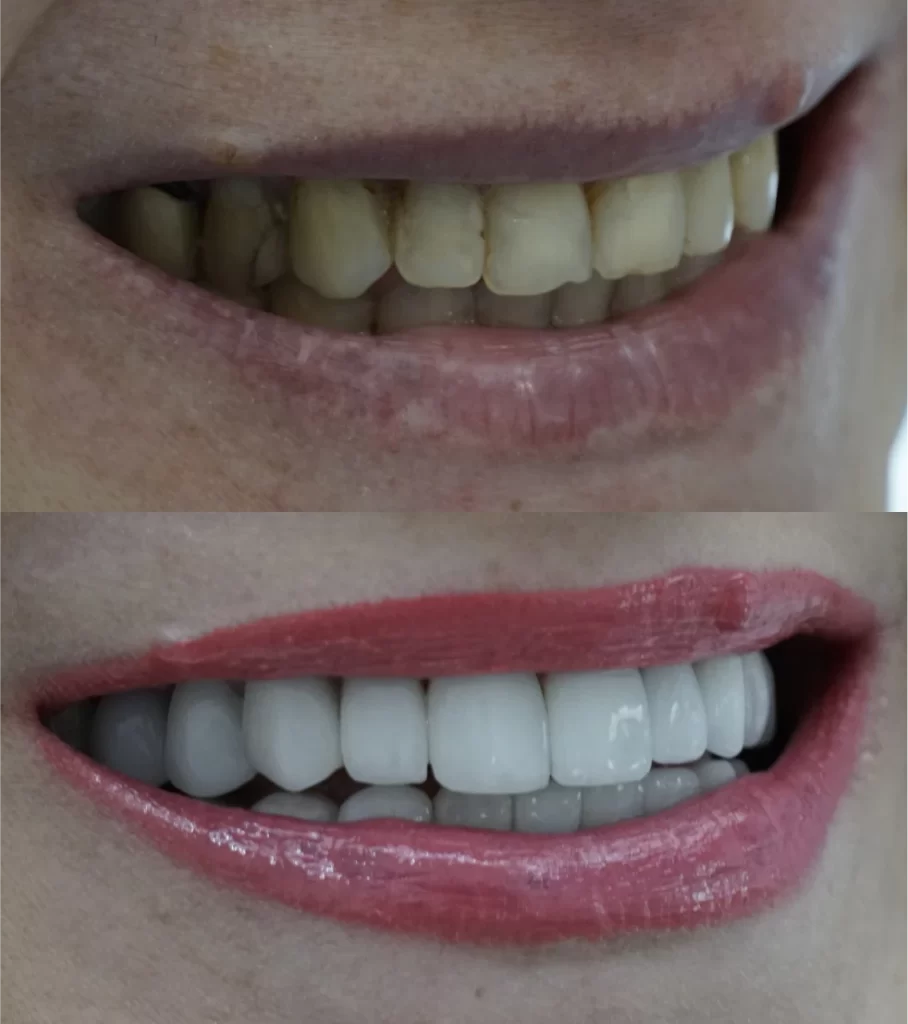

Frequently Asked
Questions
A detailed history from the patient regarding other co-existing illnesses, long-term medication (for unrelated medical issues), personal habits and emotional status are key to the management of these conditions. Apart from this, relevant radiographic evaluation tools such as basic Panoramic x-ray, CBCT, MRI and Ultrasound are all helpful in reaching an accurate diagnosis.
Assessment of the muscles around the jaw and the areas surrounding and adjoining is a critical part of the diagnosis and management of TMDs.
Unless at a very advanced stage, when degenerative changes have set in and the TMJ is afflicted with concomitant generalised arthritis, surgery is not necessary. A majority of TMD patients can be successfully managed as out-patients in the dental clinic.
